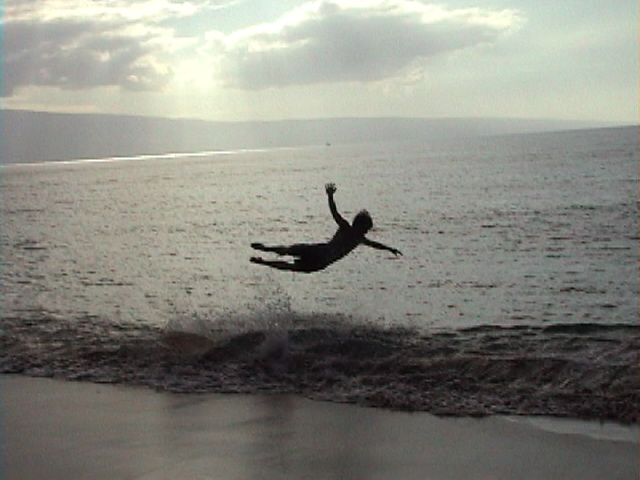Rounding on the Questions
I'm offering answers to some of the questions, just to satisfy the more rabid of readers, some of whom have been threatening me with dire consequences if I pose another question without addressing those already posted. And so, the answers:
1) Who said the following:
"Gazing on such wonderful sights, we did not know what to do or say, or whether what appeared before us was real, for on one side, on the land, were great cities; and in the lake ever so many more, and the lake itself was crowded with canoes, and in the Causeway were many bridges at intervals, and in front of us stood the great City of Mexico."
Answer: The author was Bernal Díaz del Castillo. The date, November 8, 1519. The reason? As the article in the Wilson Quarterly says, "suddenly, a city of almost unimaginable scale appeared, built high in the mountains on a lake crowned by a circle of volcanic peaks. Díaz beheld broad causeways filled with canoes, avenues where every kind of produce, fowl, and utensil was being sold, elaborate flower-decked homes, large palaces, and temples rising bright in the Mexican sun." Diaz, a member of Cortez's troops (and I imagine some would attach a host of other epithets to that group), had tasted the magnificence of Tenochtitlan for the first time, and recorded it in his diary.
2) What "transformation" is being referred to in the quote below?
This transformation, according to the historian Stefano Bianca, "sapped the shaping forces of a cultural identity," leaving behind a population alienated from its increasingl Westernized environment."
The transformation is the effect of the Western model of urbanization on Islamic society. As the author, Joel Kotkin, argues just before the quote cited earlier, "in trying to adopt Western models of city building during the 20th century, many Islamic cities weakened traditional bonds of community and neighborhood but failed to replace them with modern and socially sustainable alternatives."
The article from which both these quotes were drawn was published in the Wilson Quarterly (no longer the most recent issue, though). The full text is still available online, here, if you are interested in reading it.


1 comment:
Much have I travell'd in the realms of gold,
And many goodly states and kingdoms seen;
Round many western islands have I been
Which bards in fealty to Apollo hold.
Oft of one wide expanse had I been told
That deep-brow'd Homer ruled as his demesne;
Yet never did I breathe its pure serene
Till I heard Chapman speak out loud and bold.
Then felt I like some watcher of the skies
When a new planet swims into his ken;
Or like stout Cortez, when with eagle eyes
He star'd at the Pacific - and all his men
Look'd at each other with a wild surmise -
Silent, upon a peak in Darien.
For historical accuracy, Keats should have written "like stout Balboa," but the three-syllable name didn't work in that line.
Post a Comment